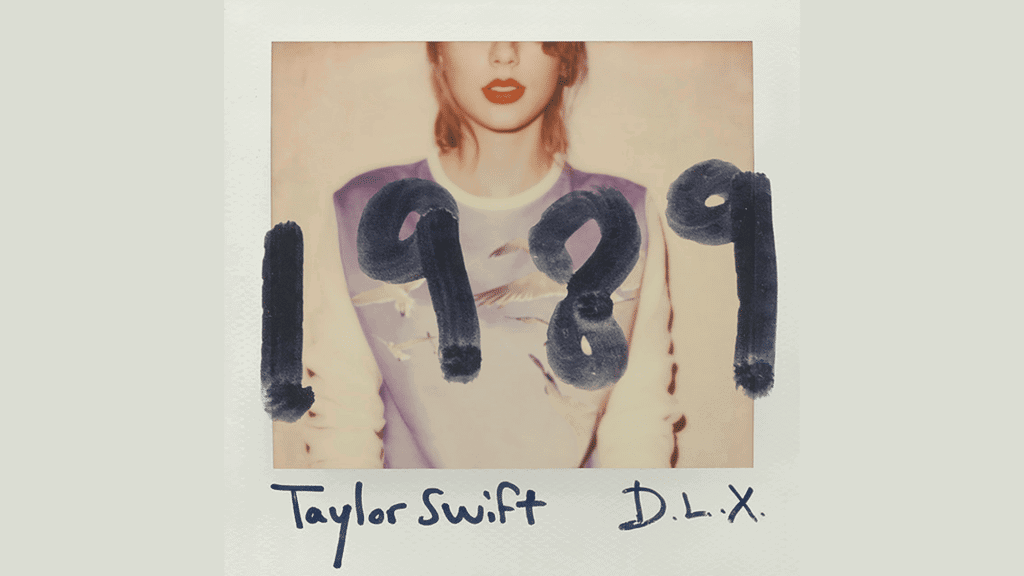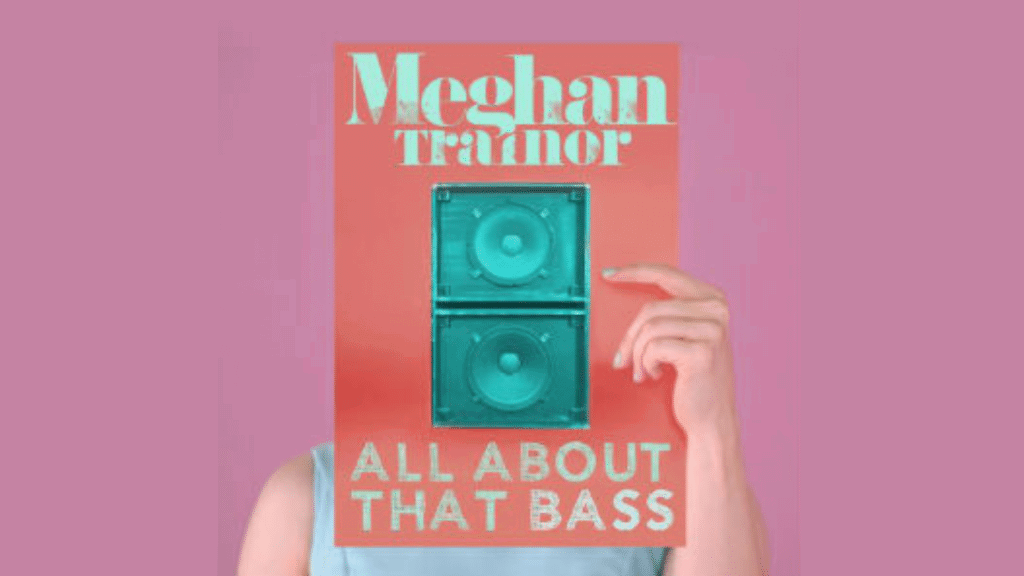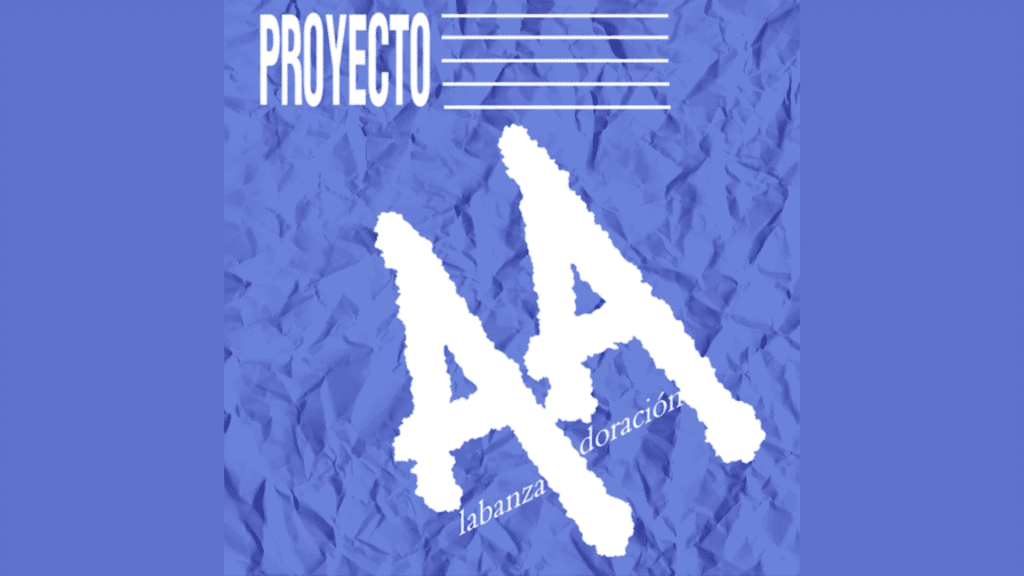They all promise insight. What users describe is something more layered – and not always what they expected.
The moment you click “Start Test,” something shifts. Maybe you’re just curious. Maybe you’re checking if your brain still works the way it used to. Or maybe you’re comparing yourself to someone else – quietly. That’s what online IQ platforms sell, after all: a fast and (allegedly) meaningful snapshot of your cognitive ability.
But the tests don’t always work the same way. And more importantly, they don’t leave people feeling the same.
We looked at three IQ test platforms that pop up often in user reviews: CerebrumIQ.com, Brainety.com, and Brainable.com. All offer similar promises – quick assessments, certificates, IQ scores. But how they deliver on those promises, and what users say in the reviews, makes for three very different stories.
CerebrumIQ: Designed Clean, Reviewed Calmly

Among the three, CerebrumIQ might be the least polarizing. The platform offers a test of 30 questions, spread across cognitive categories like logic, memory, and pattern recognition. After finishing, users get an IQ score and a downloadable certificate. There’s also a basic breakdown showing which areas you performed well in.
On the surface, everything works as expected. The site is clean, the questions are structured clearly, and most users seem to get through the test without issue. The reviews – especially on Reviews.io – reflect that mood. Over 1,000 people have rated the platform, averaging 4.6 stars out of 5. Some praise the design, others mention that it felt “professional” or “fair.” It’s rare to see over-the-top praise, but equally rare to find anger or confusion.
There are occasional mentions of surprise charges, though usually from people who didn’t realize they were entering a paid subscription. The test begins with a trial offer – and unless canceled, it switches into a recurring plan. This isn’t hidden, but like many such setups online, it’s not the first thing you notice either.
In general, CerebrumIQ seems to be operating in that middle space users can live with: the test feels legit, the experience is smooth, and while the billing model could be clearer, it’s not aggressive enough to trigger widespread backlash.
It’s not thrilling, but maybe that’s the point. For users who want to try a test, get a score, and move on, CerebrumIQ mostly does what it says.
Brainety: Fast Test, Some Useful Features – But Not Everyone Is Happy
Brainety sells itself as a three-minute IQ test based on modern psychology. It’s fast, polished, and wrapped in sleek branding. You’re promised a score, a certificate, and some kind of cognitive insight – all delivered without much effort.
At first, many users describe a smooth ride. The test loads quickly, the interface looks modern, and the certificate you get at the end feels like something you could share.
But then the tone shifts. On Sitejabber, Brainety sits at 2.8 stars. Some users appreciate the aesthetics and say the test was “entertaining” or “fine for what it is.” But a large portion of reviews focus on billing: charges that weren’t expected, subscriptions that were hard to cancel, and unclear confirmation flows.
It’s not always a horror story – some users get what they came for. But when the complaints come, they tend to follow a pattern: the process was too fast, the pricing wasn’t obvious, and it wasn’t clear when or how you signed up for something long-term. One reviewer said they were charged $239.40 via PayPal after taking the test. Others describe smaller fees – a few dollars upfront that escalated into monthly charges they didn’t catch in time.
Reddit threads reflect the same pattern. In one, a user warns: “It looked legit until I checked my bank account a week later.”
To be fair, Brainety isn’t pretending to be a clinical IQ test. The result is quick, the certificate looks polished, and if you’re just looking for something simple to print or share, it works. But for users expecting full clarity around terms – or deeper feedback on their score – the reviews suggest reading carefully before clicking ahead.
Brainable: Free on the Surface, Complicated Underneath
Then there’s Brainable, which has made “free” its headline promise. You see it in the ads, in the site copy, even in user forums: take a free IQ test, get a fast result.
But while the first part holds true – the test itself can be started without payment – many users report that unlocking the full score and result requires paying. And that’s where the confusion begins.
Sitejabber gives Brainable a 1.3-star rating, with the most common complaint being unclear trial terms. Users often say they thought they were just browsing, only to later discover charges on their cards – typically a $2 trial fee that auto-renews into a $29.90/month subscription. Some say they were able to cancel easily. Others describe long email threads with support trying to reverse charges.
On Reddit, the tone is sharper. One thread titled “Is Brainable a scam?” attracted dozens of replies, many describing the same issue: unexpected billing after what felt like a free test. One user wrote: “I didn’t even realize I subscribed to anything. The first I knew was when my card was billed a week later.”
There are users who enjoyed the experience. A few say they liked the design, or that the questions were interesting. But even among those reviews, there’s a recurring note of caution: check the fine print. The test may feel casual, but the subscription structure isn’t.
In short, Brainable delivers a usable test – but one that’s often remembered more for what came after.
That’s the thing. IQ tests online don’t last more than 10–15 minutes. What stays with people longer is how they felt once the tab closed. Did the score make sense? Did it feel earned? And did they get what they thought they were signing up for?
CerebrumIQ tends to get solid marks for structure and calm delivery. Brainety gets praise for style but also a fair number of billing complaints. Brainable triggers the most caution – not necessarily because the test itself is bad, but because too many users felt misled afterward.
None of these platforms are claiming to be official intelligence assessments. They’re not WAIS or Stanford-Binet. But people take them seriously anyway. That’s clear in the reviews – and especially in the frustration that shows up when expectations aren’t met.
The takeaway isn’t just about picking the right test. It’s about knowing what kind of experience you’re signing up for – and how much of that experience is shaped after the score is already on the screen.




















